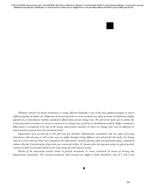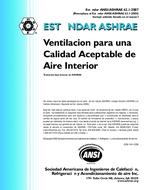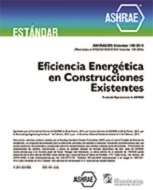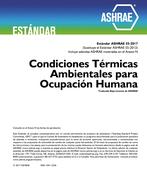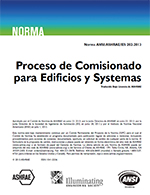Description
Pollutant removal by forced ventilation in energy efficient buildings is one of the most applied strategies to ensure sufficient quality of indoor air. Dispersion of aerosol particles in rooms emitted from daily activities of inhabitants highly depends on air distribution method, ventilation effectiveness and air change rate. The aim of the study was to outline the trends of particle movement in rooms in relation to air change rate as well as air distribution method. Higher ventilation effectiveness is considered to be one of the energy conservation measures as lower air change rates may be sufficient to ensure particle removal from the ventilated rooms.
Experiments were carried out in the full scale test chamber. Displacement ventilation and two types of mixing ventilation with one-way as well as four-way air supply through ceiling diffusers were selected for the study. Air change rates of 3 and 4 times per hour were selected for the experiments. Aerosol injection pulse was generated using a solution of sodium chloride. Concentration of particles was monitored within 10 minutes after the injection using six optical particle counters located in one plane section of the room using the time step of 1 second.
Results of the experiment outline trends of particle movement in rooms ventilated by means of mixing and displacement ventilation. The mixing ventilation with one-way air supply at both ventilation rates of 3 and 4 ach prevented aerosol particle transport to the opposite side of the room. The mixing ventilation with four-way air supply performed significantly better at 4 ach compared to 3 ach and the removal of particles from the chamber was rather slow in case of displacement air distribution.
The results provide indication that the optimization of air distribution methods may be viable technology for air quality management in energy efficient buildings.
Citation: IAQ Conference: IAQ 2013: Environmental Health in Low Energy Buildings
Product Details
- Published:
- 2013
- Number of Pages:
- 6
- File Size:
- 1 file , 1 MB
- Product Code(s):
- D-2013IAQConf-35
